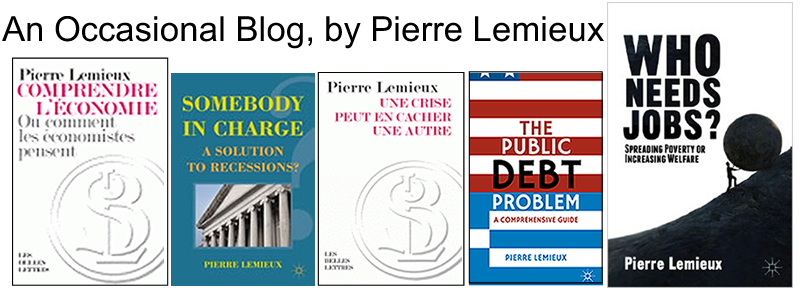Ducan Black (1908-1991) was an economist who made important discoveries in the theory of elections: the median-voter theorem and, rediscovered after Condorcet, the paradox of voting. Charles Dodgson (1832-1898), a.k.a. Lewis Carroll, was a mathematician who explored the same field, although he is better known for his literary work, mainly Alice’s Adventures in Wonderland.
Here is a remarkable observation by Black in The Theory of Committees and Elections (Cambridge: Cambridge University Press, 1958). Black salutes in one embrace Dodgson’s literary and social-science genius, and seems to suggest (read the last sentence of the quote) that Dodgson’s earlier “pamphlets” on the mathematics of electoral choices, just as his early literary work, “meant much more than he knew”:
In Sylvie and Bruno, which he [Lewis Carroll] completed in 1893 after it had been a quarter of a century in the writing, he is seen to have emerged from the dream world which he had once tenanted: his symbolism now becomes conscious and is far less potent than in Alice. So in these later writings on general elections and P.R. [proportional representation], there is a solitary flash of brilliance in arriving at the voting formulae, and much good sense and subtlety. But they say only what he means to say, whereas the greatness of his earlier pamphlets had been that they meant much more than he knew.
Are literary dreams part of the scientific adventure?
